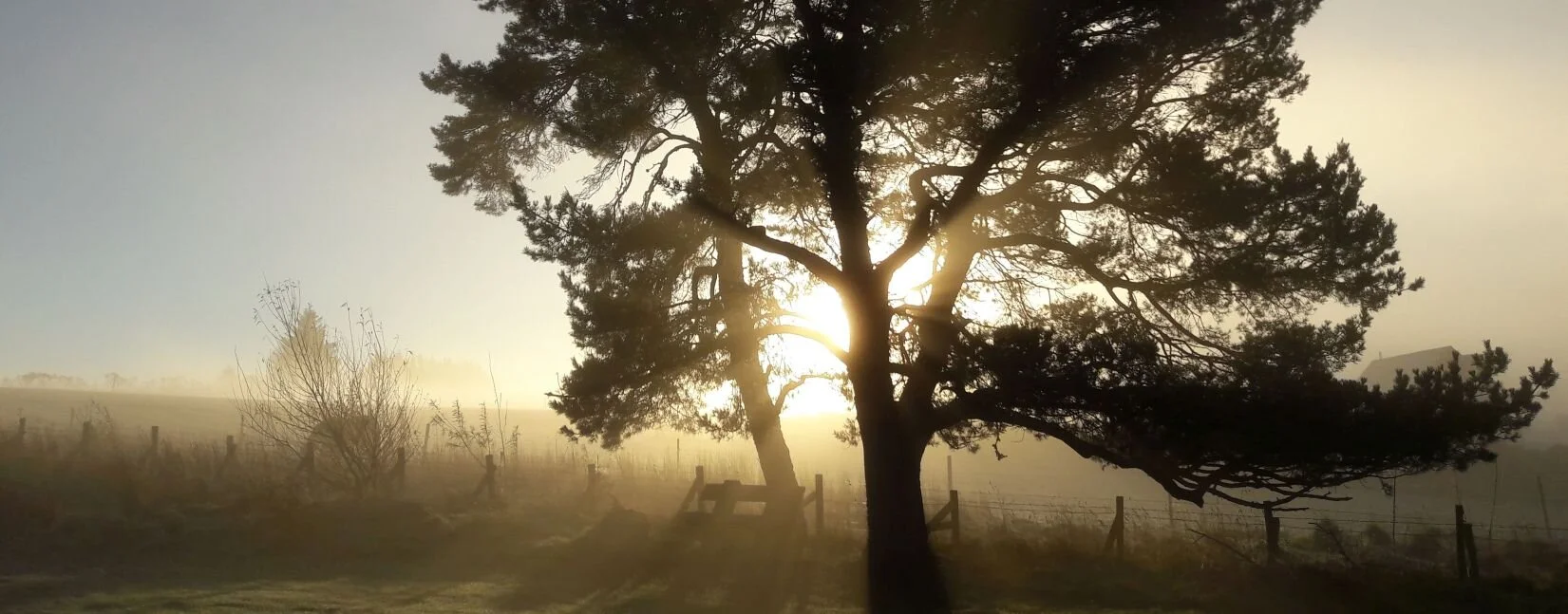Accents are always difficult. Movies tend to be the place we hear it most. Who can forget the festival of weird voices that is the move Highlander, where a Frenchman plays an immortal Scot and a Scot (or should that be Shcot) plays an Egyptian? It's a lot of fun, particularly if you're Scottish. Same goes for one of my all-time favourite movies, Brigadoon. And what about the bewildering range of regional accents among the dwarves in Peter Jackson's Hobbit Movies?
The great Mark Kermode has a good video blog about this. He emphasises the importance of the accent sounding natural, both to those watching who know the accent well, but also to those who don't have an ear for it but can spot someone who is not comfortable in their voice. An actor forced into using a voice they cannot truly inhabit is working at a disadvantage to themselves and to the movie. That awkwardness can chatter the suspension of disbelief. There's also the question of accessibility. You don't want the audience wondering what the heck the character is saying because the actor has gone full method on us and is utterly unintelligible.
There's a similar thing going on with accents in fiction. How do I write a character's accent in a way that makes it accessible to the reader, but also convincingly familiar to someone who might recognise it? One of the main characters in The Blade Bearer is called Maelcheon MacAefar. He has, to all intents, a Scottish accent. I used that voice to emphasise the difference between him and the other characters. He has to sound like someone from another culture but still be comprehensible, to have the voice of someone who has lived a hard life, who has struggled. That said, Maelcheon's voice is not that heavily accented. He used to speak in a much broader accent but it came across a bit too much like these guys so I softened it. Still, he clearly sounds different from the others.
I'm not that concerned that his speech will put readers off him. I figured readers won't mind working to get used to a voice as long as that voice sounds convincing and adds to the atmosphere to the book. There is one particular moment where Maelcheon, normally grim and laconic, tells a story that lasts for a good few pages, all in his voice. It's one of my favourite bits of the novel because it presents such a different view on the world we've been inhabiting till that point. I hope it's not off-putting - like an actor talking in an accent that just sounds wrong.
I do wonder what Scottish people will think of him. Will they say, 'Jings, this pseudo-Scots character is one groovy fellow?' Or will they react more along the lines of, 'Crivens, this guy's accent is really bad?'



